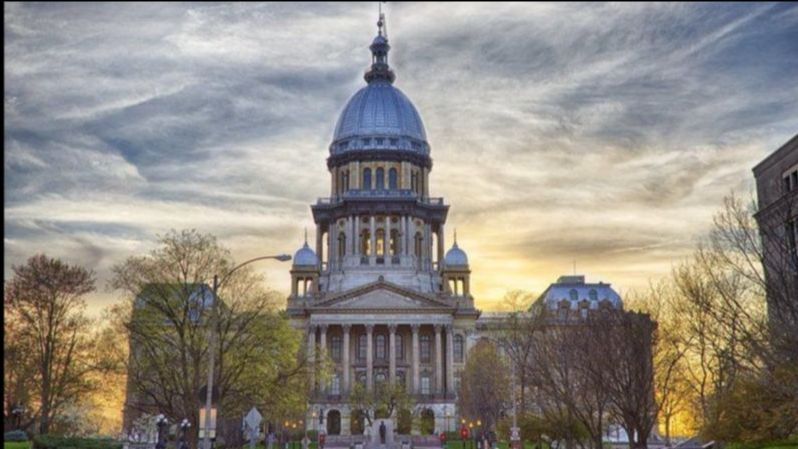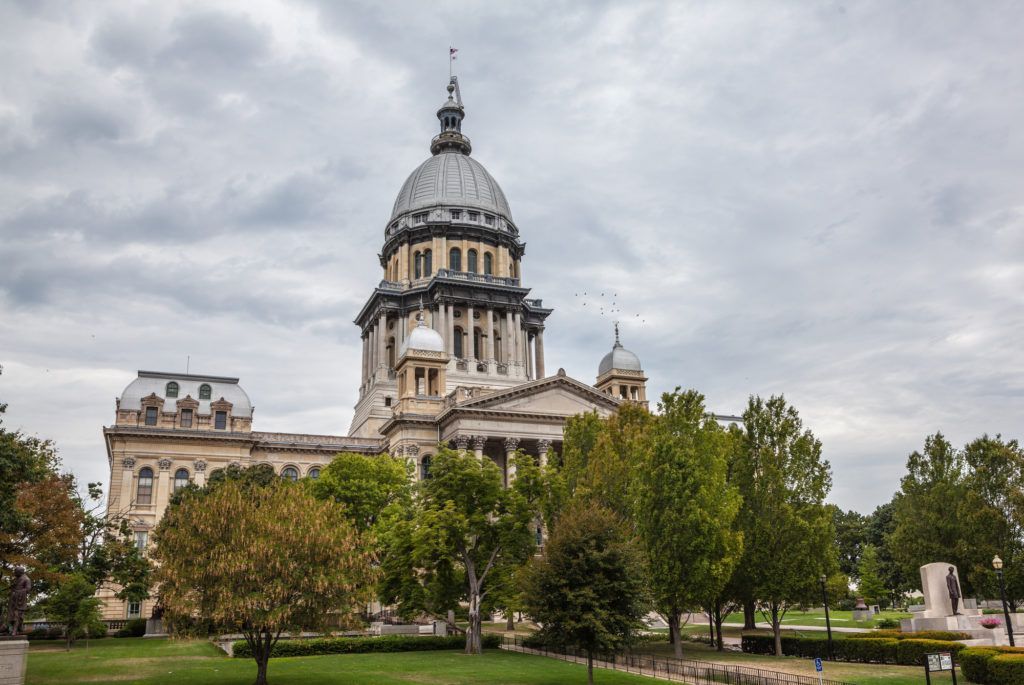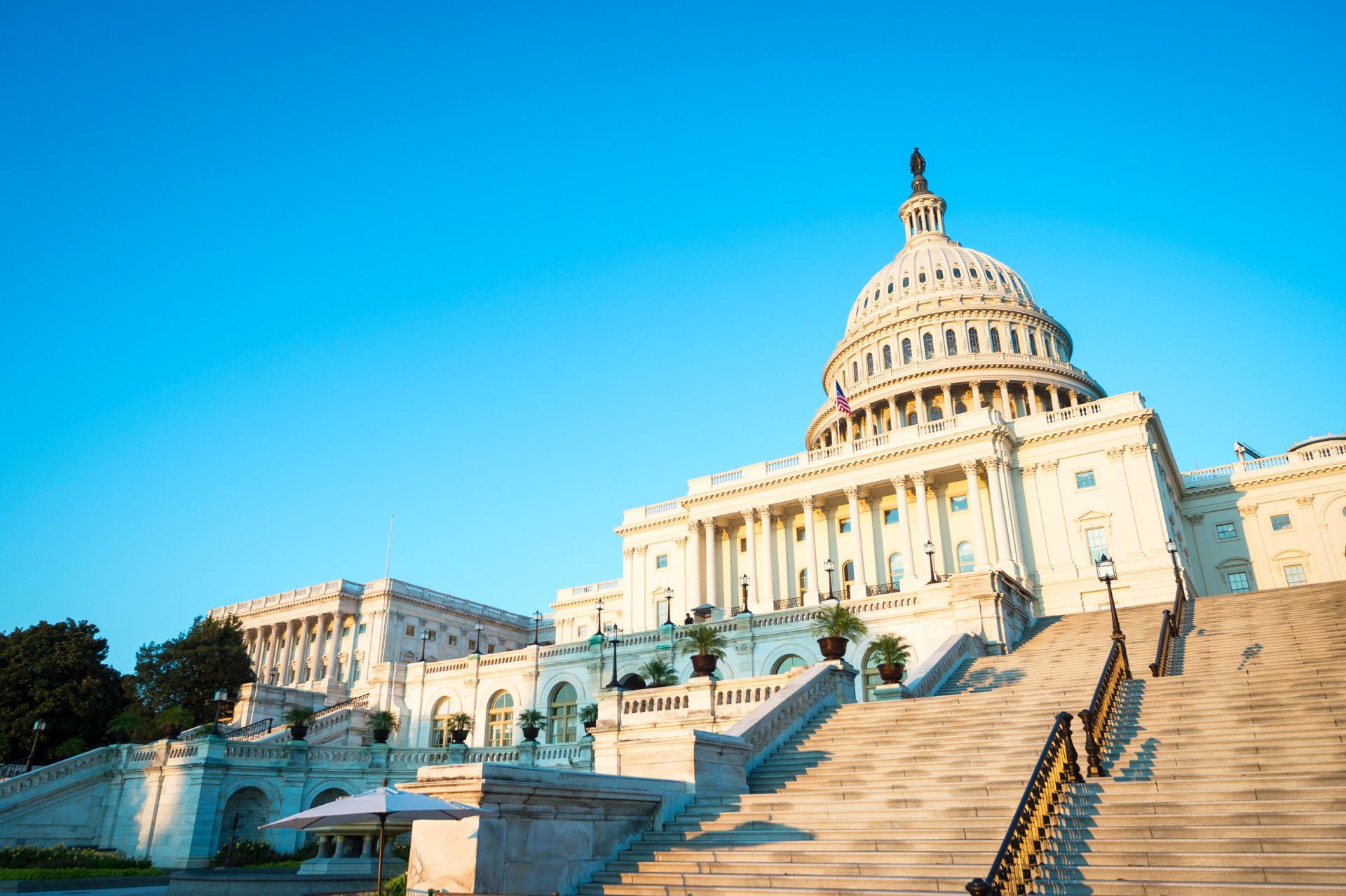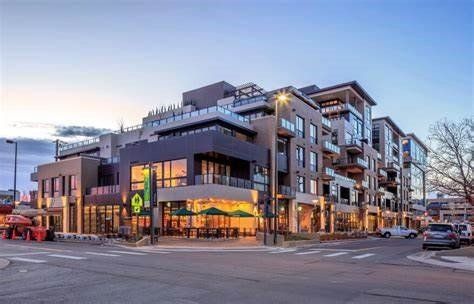
SAL Receives Approval by West Suburb for Special Use Permits–Religious Assembly and Joint Parking

Last month, Shapiro & Associates Law successfully procured Special Use Permits for Religious Assembly and Joint Parking Facilities (SUPs) from a Village located in Cook County (the “Village”) for its client, a business owner and church pastor, after previously receiving recommendations to deny the SUPs from Village’s Staff and Planning and Zoning Commission. What made the matter particularly interesting was that the subject property is owned by a church, and the owner of an art gallery and studio located on the subject property is a Pastor with the church. The matter was further complicated by the fact that the subject property was zoned C-3 Centralized Commercial District, the only existing zoning district on the Village’s zoning map which allows for Religious Assembly as a special use. No other Village zoning district on its map allows for Religious Assembly
, (as opposed to a place of worship, such as a church or synagogue) a term defined under the Village of Brookfield’s Zoning Code as “Religious services involving public assembly that customarily occur in churches, synagogues, temples, mosques and other facilities used for religious worship.”
Illinois courts have consistently held that the inclusion of a specified use, such as Religious Assembly, as a special use, is equivalent to a legislative finding that the uses are in harmony with the other uses in the district. Further, because the proposed use involves religious assembly, it is therefore subject to, among other federal and state laws, the Religious Land Use and Institutionalized Persons Act (42 U.S.C. 2000cc, et seq.
) (RLUIPA).
After a review of the SUPs being sought, and existing Federal and State law, the Village Board ultimately made the appropriate determination to recommend the SUPs. Regardless of the outcome, this is a great example of how the local government approach to land use and zoning is effective and reached the correct determination. Further, it supports a trend of land use that incorporated multiple uses within a single property.

3 Illinois Bills We're Watching
HB 5777
– Municipal Consolidation
Status - The bill has been sent to the Senate and assigned to Local Government on May 2, 2018.
HB4711 – Suits Against Municipalities, Counties, and Townships Over Zoning Decision
The bill amends the Illinois Municipal Code, Counties Code, Township Code to add a provision regarding building or structure zoning violations stating that the provisions do not authorize any suit against the municipality, county or township or its officials for any act relating to zoning administration, enforcement, or implementation or any ordinance, resolution, or other zoning regulation. The amendment excludes violations related to property owned by the public entity.
Status – The bill has been sent to the Senate and placed on Calendar Order of 2nd Reading May 3, 2018.
HB 4583 – Online Notice for Special Meetings of Public Bodies
The Bill amends the Open Meetings Act to require notice of special meetings be posted on the website of the public body which is currently required for regular meetings. Under the original bill, a failure to post notice online could have invalidated the meeting and actions taken at the meeting. However, an adopted amendment removed the invalidation provision.
Status - The bill has been sent to the Senate and assigned to Judiciary on May 2, 2018.

CONTACT US TODAY
Contact Us
We will get back to you as soon as possible.
Please try again later.
LOCATION
570 Lake Cook Road, Unit 119
Deerfield, IL 60015
Shapiro & Associates Law | All Rights Reserved |
Created by Olive + Ash.
Managed by Olive Street Design.










